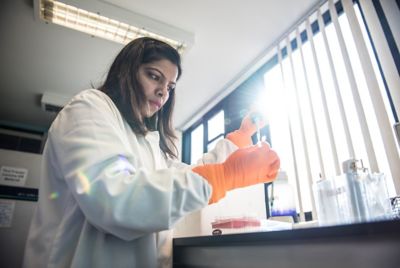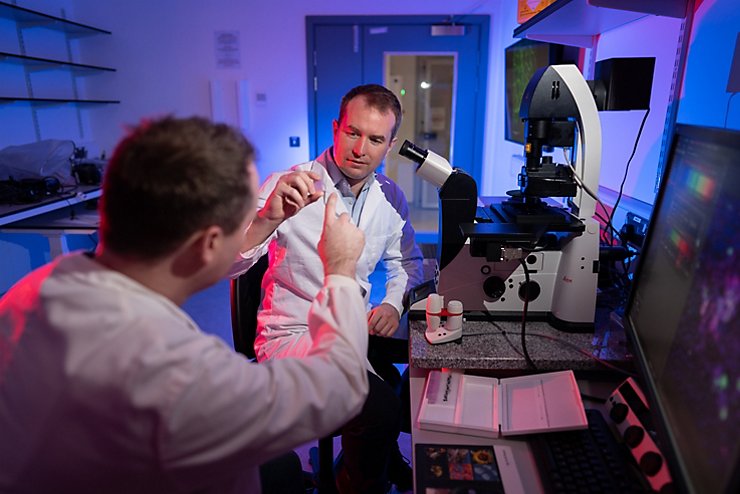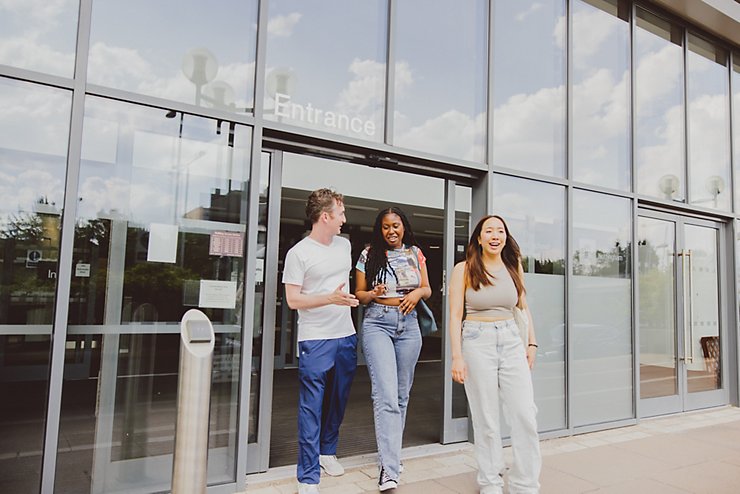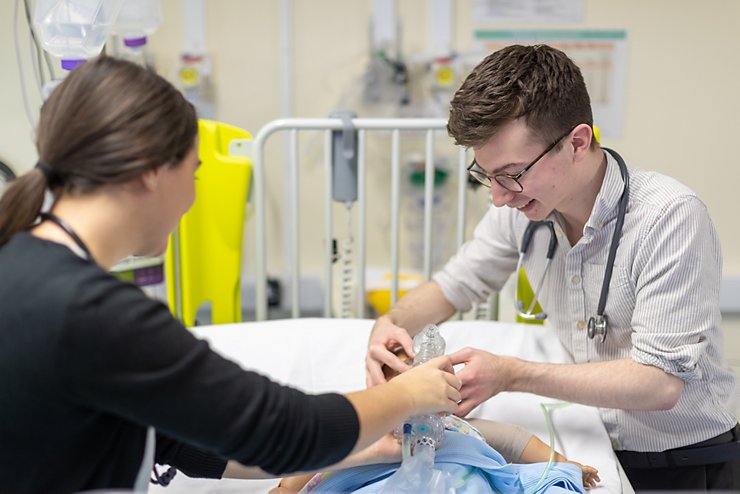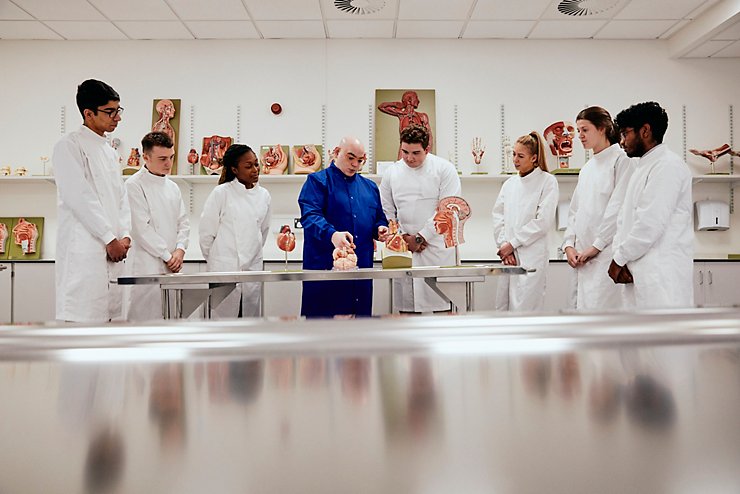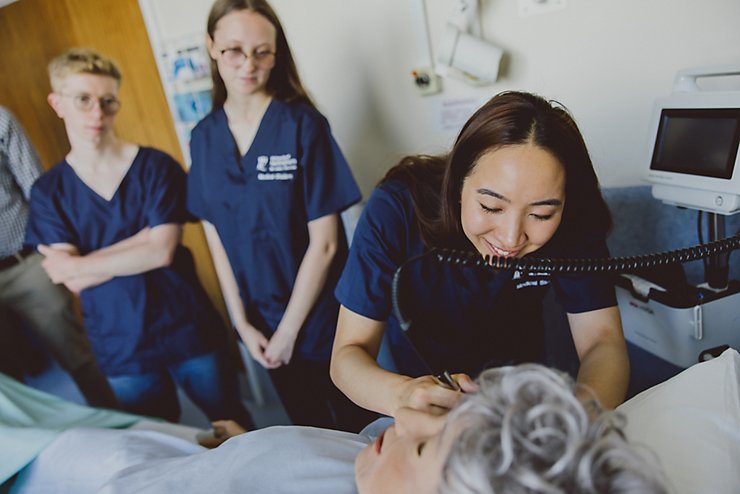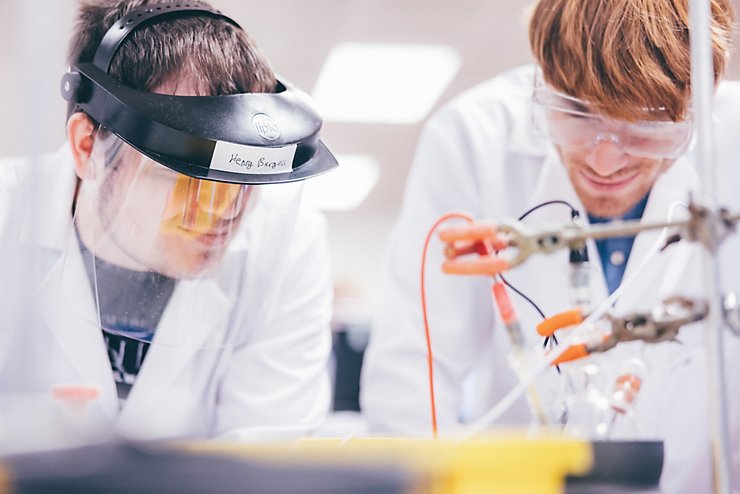Study abroad
Our MSci course offers the chance to travel abroad to complete a placement overseas in some of the world's most advanced cancer labs including in the USA, Australia, and Europe.
Optional placement year
On this course, you could join a research project as part of a nine-month placement. This could take place in world-renowned labs in academia, industry, or research institutes as part of teams carrying out the latest cancer research or translational science/product development.
The placement could be in Nottingham, elsewhere in the UK or even overseas including opportunities in the USA, Australia, and Europe.
Please note:
In order to undertake a placement, you will need to achieve the relevant academic requirements as set by the University and meet any requirements specified by the placement host. There is no guarantee that you will be able to undertake a placement as part of your course.
Study abroad
Our MSci course offers the chance to travel abroad to complete a placement overseas in some of the world's most advanced cancer labs including in the USA, Australia, and Europe.
Optional placement year
On this course, you could join a research project as part of a nine-month placement. This could take place in world-renowned labs in academia, industry, or research institutes as part of teams carrying out the latest cancer research or translational science/product development.
The placement could be in Nottingham, elsewhere in the UK or even overseas including opportunities in the USA, Australia, and Europe.
Please note:
In order to undertake a placement, you will need to achieve the relevant academic requirements as set by the University and meet any requirements specified by the placement host. There is no guarantee that you will be able to undertake a placement as part of your course.
